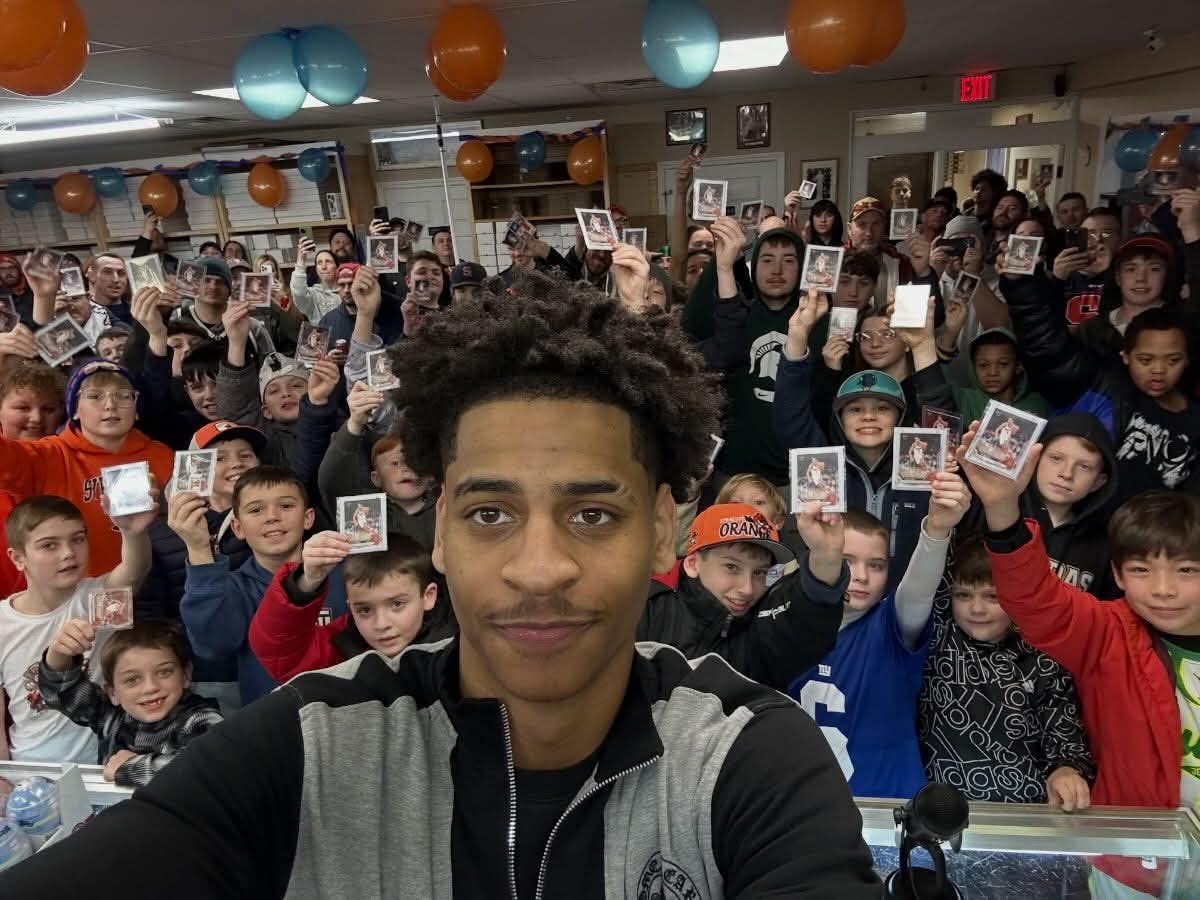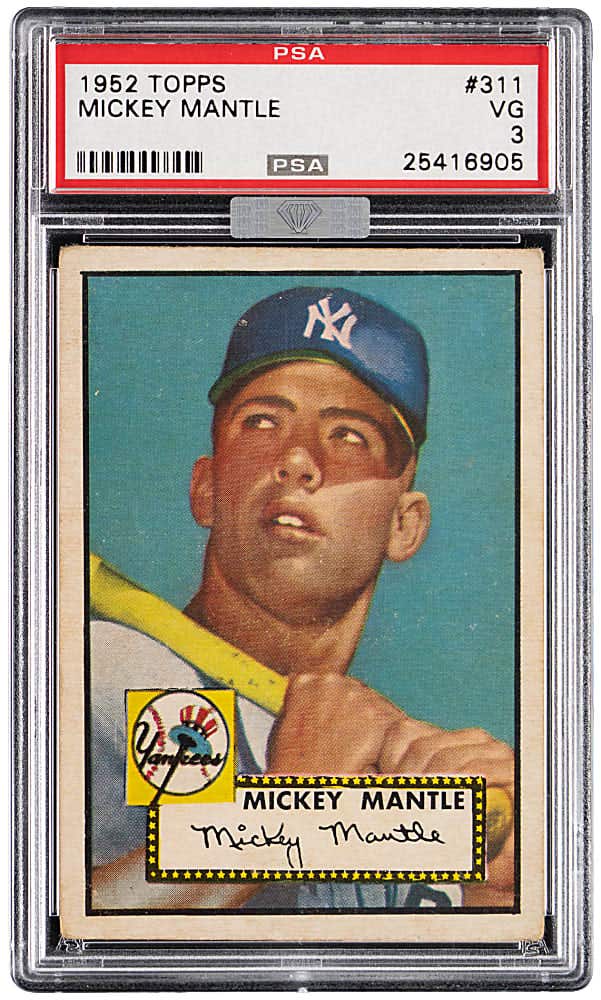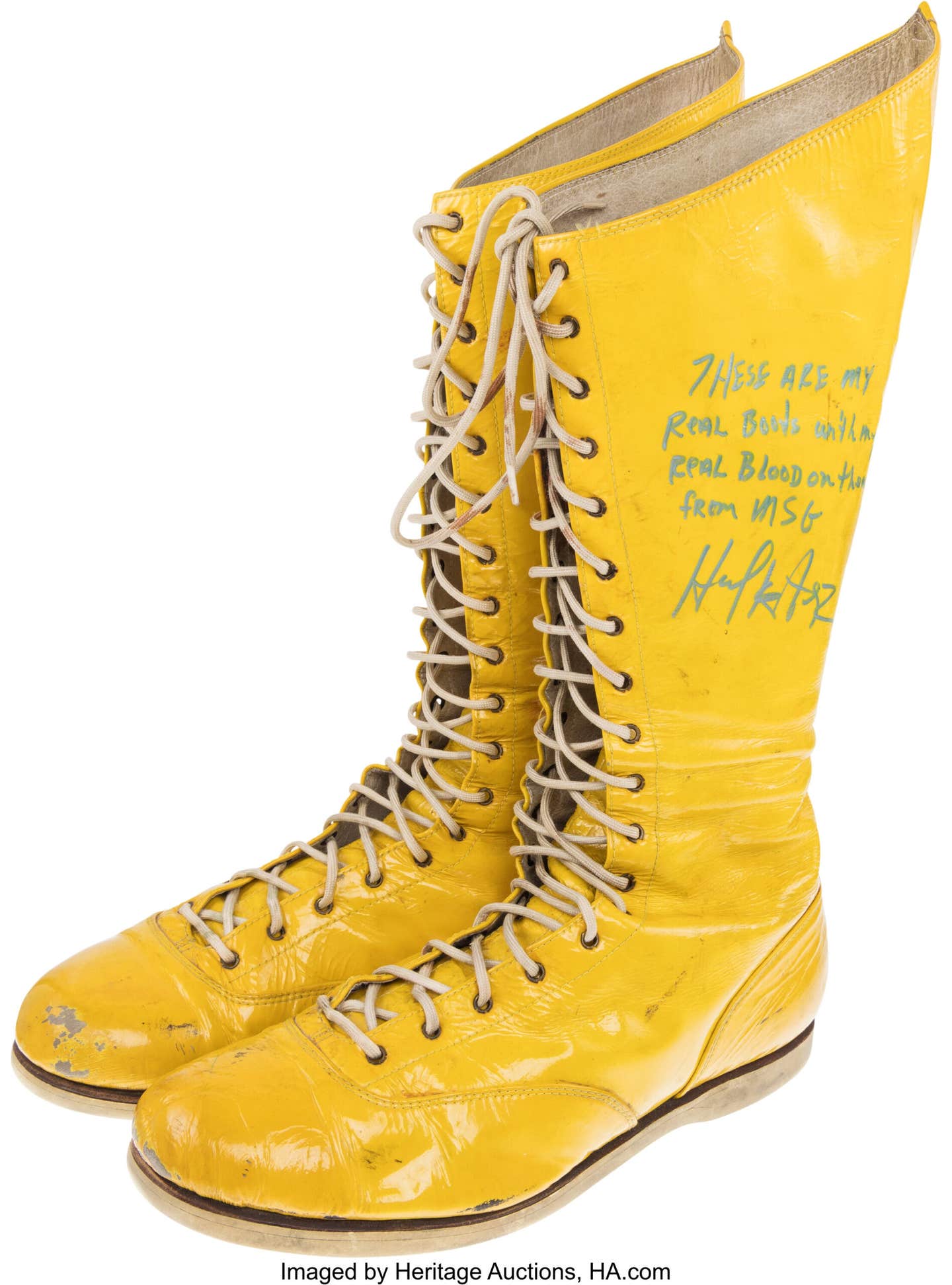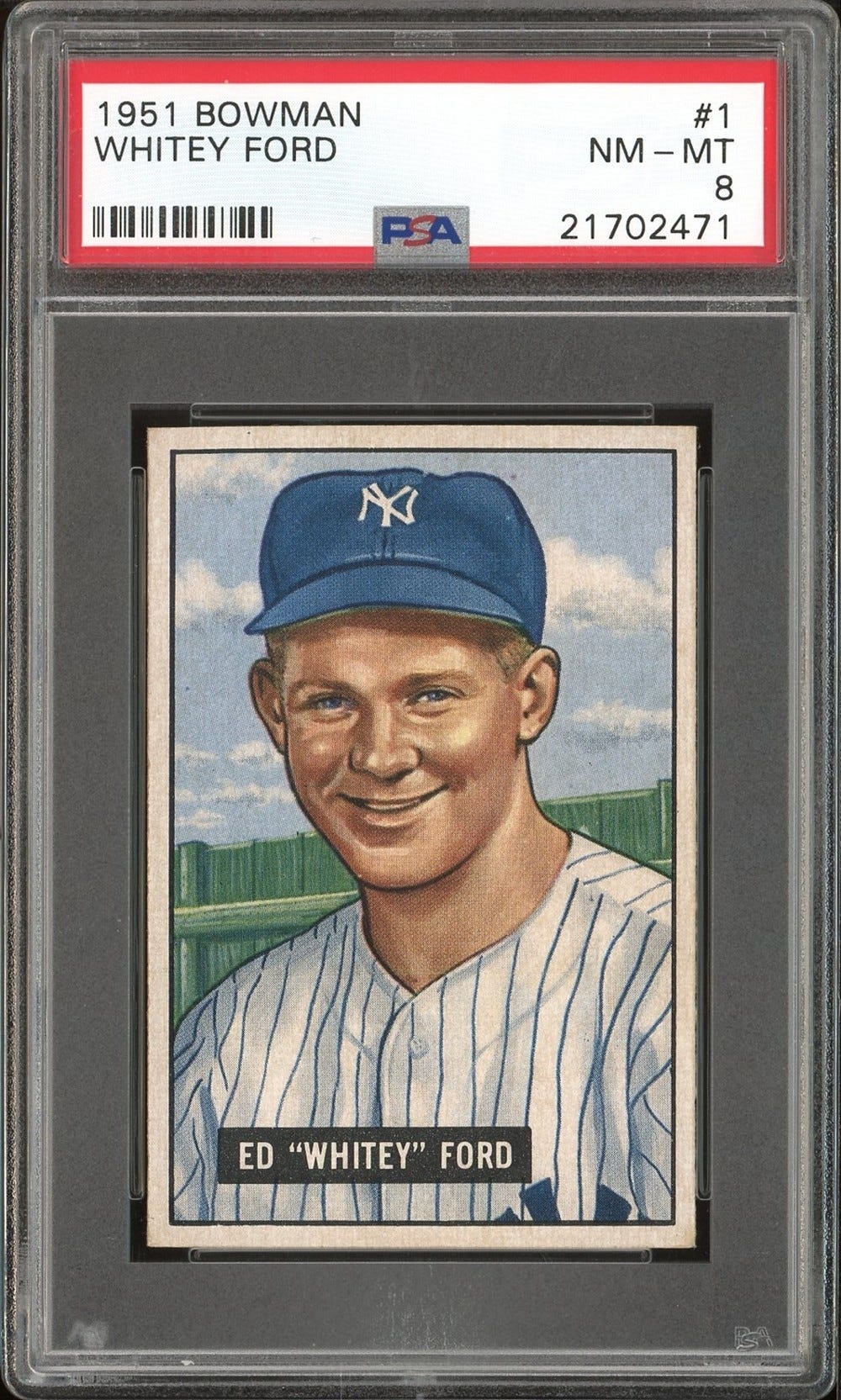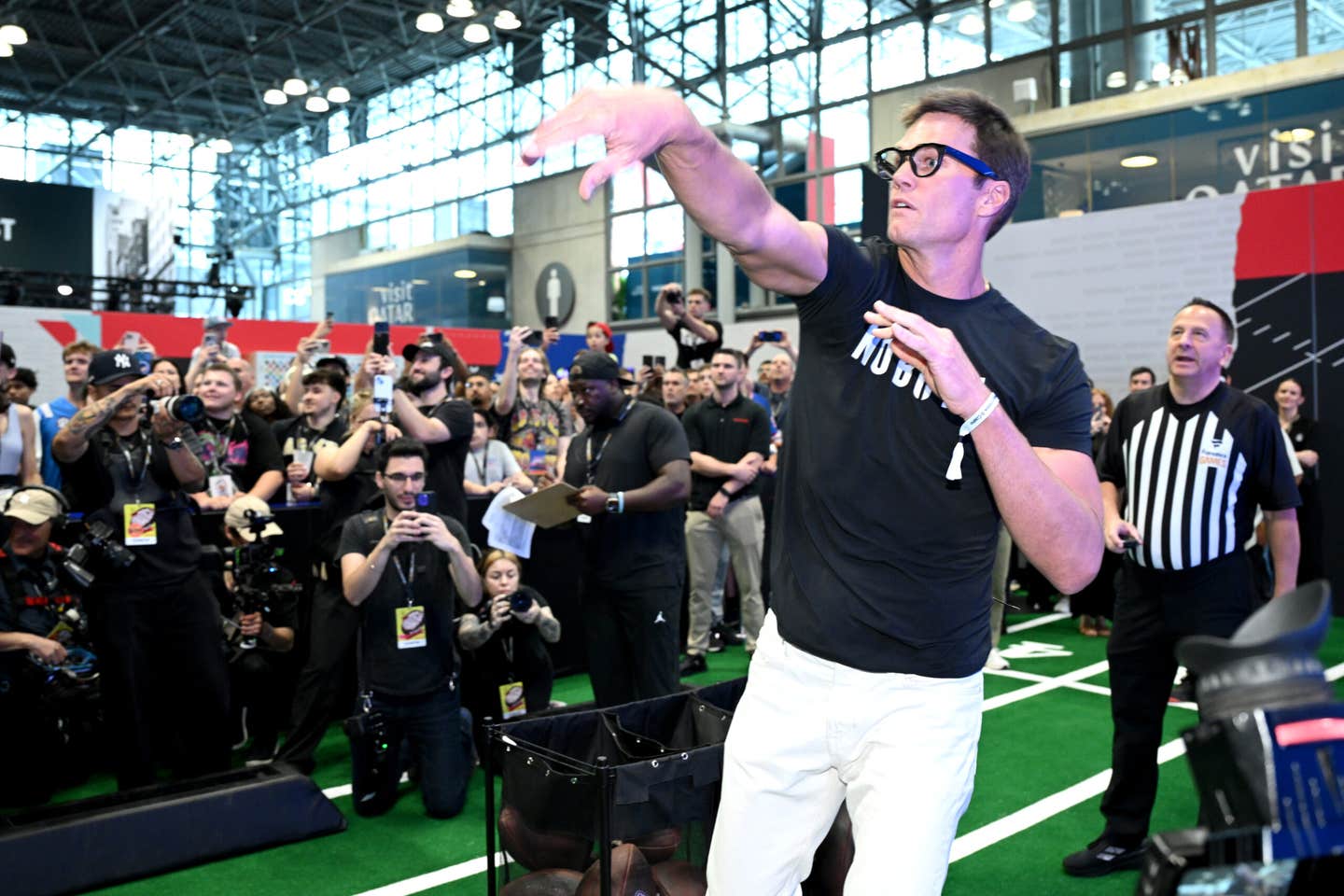Profiles
Leo Mazzone tutored some of the best on the mound
Growing up in the 1950s, Leo Mazzone collected every Yankees card he could get his hands on. Mickey Mantle, Whitey Ford – the list goes on and on.
Most kids from that era stuck cards in their bicycle spokes or, upon leaving home after going to college, their mothers would toss them out with the trash.
Mazzone’s cards suffered a different fate.
“I glued them to a scrapbook,” he said laughing. “So that took care of that!”
As long-time pitching coach of the Atlanta Braves, Mazzone mentored one of the greatest mound staffs ever assembled – Greg Maddux, Tom Glavine and John Smoltz, who should all be enshrined in Cooperstown one day.
Mazzone has plenty of items from his 40-plus years in baseball, but one stands out above all others.
“Greg Maddux gave me a ball that was the last day at the Vet (Veterans Stadium) in Philadelphia,” he said. “He won his 289th game. He gave me the ball and said, ‘I want you to have this.’ ”
On the ball, Maddux had written “300 Wins.”
Mazzone looked at him and said, “Mad Dog, by my count, it’s 289.”
“I’ve got 11 in the postseason,” Maddux replied. “And they should count, so 289 is 300.”
It’s one collectible Mazzone will never let go of.
“That’s the best one,” he said.
Under Mazzone’s tutelage, Atlanta’s great pitching threesome won a combined five Cy Young Awards during their tenure in Atlanta, each playing a role in the Braves’ unprecedented run of 14 straight division titles.
“Smoltzy, Glavine and Maddux – you’re going to be seeing all these guys in the Hall of Fame,” Mazzone said. “I’ll sure be happy to be in the audience and see them accept their Hall of Fame plaques. I think you might see Chipper Jones up there before it’s all said and done.”
Bobby Cox?
“He’s a lock,” Mazzone declared. “I’ve told a lot of people this. Besides my father, Bobby Cox had the greatest influence on my life of any man I’ve been around. He’s one of the finest men I’ve ever met. His instincts not only for the game, but his instincts for how he treats people. It isn’t about hit-and-run and all that. He made pitching a priority, and he always has.
“I’ve seen him get upset when Glavine, Maddux or Smoltzy pitched a great game and we won, but they didn’t get the win. He managed for them to get the win sometimes. You very seldom see that in the game any more.
“People like Bobby Cox, they’re Hall of Famers,” Mazzone continued. “I was privileged to be with him 15 years in the big leagues. When he was the general manager, he was putting that great group of pitchers together.”
When it comes to old-school baseball, Mazzone is one of the game’s greatest instructors. He shuns modern innovations such as Quest Tech that rates an umpire’s ability to call strikes (“You can throw it out the window,” he said), and today’s overemphasis on pitch counts (“That’s another joke.”).
“You can decipher this game all you want, and it comes down to one thing – low and away, up and in,” he said. “If you can’t put a fastball where you want, scouting reports aren’t any good. When we’re going over the opposition, there’s 10 pages of information, and it still comes down to that.”
In recent years, baseball has become increasingly geared toward offense, which makes the accomplishments of Maddux, Glavine and Smoltz all the more significant, Mazzone said. The mound is lower, the strike zone is smaller and fences are much closer in today’s modern ballparks, especially in the gaps.
Reaching 300 wins takes determination and a commitment to excellence — a mindset that separates Hall of Famers from the rest.
“They go and pitch when a lot of pitchers wouldn’t,” Mazzone said. “I’ve seen Glavine with sore shoulders. I’ve seen Maddux take cortisone shots in the third inning of a game to get him through. They take great pride in going to the post. There’s some pitchers who get a little minor thing and they won’t go out and pitch. Those guys have gone out and pitched when a whole lot of people would not have.”
Mazzone puts Randy Johnson and Roger Clemens, also bound for Cooperstown, in the same category.
“In the modern day of pitching, where complete games and four-man rotations are a thing of the past, they’re from the old school, and I guarantee you there were a lot of times when the three guys I was with always told me, ‘Don’t hesitate to bring me up a day early,’ ” Mazzone said. “You talk today to somebody about coming up a day early and you see a look on their face that’s shocking. I don’t understand that at all.”
Through the ranks
A minor league pitcher from 1967-75, Mazzone had his best year came with Class A Decatur in the Midwest League in 1969, when he went 15-10 with a 2.52 ERA. He completed 17 of his 26 starts, striking out 151 in 186 innings. From there, he spent the next four seasons at Double-A Amarillo and missed qualifying for the Texas League’s ERA title (2.62) by four innings.
Following his nine-year playing career, Mazzone enjoyed instant success as a manager by guiding Corpus Christi to a Lone Star State League championship in 1976 with a 50-27 record. The next year the team won another division title, but lost in the finals.
In 1978, he went to Class A Kinston in the Carolina League, where his reputation as a hot-tempered but effective manager of young talent opened doors with the Braves, thanks to help from Eagles owner Ray Kuhlman.
Fifteen years later, in 1993, Kinston honored Mazzone by inducting him into the Kinston Professional Baseball Hall of Fame. That award also holds a special place in Mazzone’s assortment of baseball collectibles and memorabilia.
Mazzone’s “back to basics” philosophy is the result of many long years in the minors, toiling up baseball’s ladder one step at a time. He was a pitching instructor in the Braves’ farm system from 1979-82, and Durham’s pitching coach from 1983 to July 21, 1984, when he took over as Greenville’s manager, leading the club to a 23-17 mark over the second half of the season.
In 1985, he finally reached Atlanta as co-pitching coach, but at that time, the Braves were a sub-par club and the experience only lasted one season. The next three years found him at all levels of the minors as a pitching coach. Then, on June 22, 1990, he joined the Braves for good the day Bobby Cox replaced Russ Nixon as manager.
Together, they made baseball history. From 1992-2002, Atlanta pitchers ranked first or second in ERA in the majors. In 1998, the Braves’ had only the third staff in history with five 16-game winners, as Denny Neagle and Kevin Millwood joined Maddux, Smoltz and Glavine.
In Atlanta, Mazzone was Cox’s closest confidante and comrade, masterfully guiding the team’s pitching staff to one successful season after another. ESPN.com ranks Mazzone number one on its list of “Top 10 Assistant Coaches of All Time.”
But after 15 years, he parted ways with the Braves and followed lifelong friend Sam Perlozzo to the Baltimore Orioles, where the latter was named manager prior to the 2006 campaign. The two had grown up together in western Maryland and Mazzone was best man in Perlozzo’s wedding.
Unfortunately, Perlozzo was let go midway through last season, and Mazzone, too, was fired when the season came to a close. Now living in Roswell, Ga., about 25 miles north of Atlanta, his credentials are without equal when it comes to coaching aspiring pitchers, at any level of the game.
He visited Cooperstown with the Braves for the 2004 Hall of Fame Game and came back last year with the Orioles.
“I get a sense of peace and solitude when I’m up here for some reason,” Mazzone said.
“It’s the scenery; it’s the atmosphere. I’ve been blessed being in the game for 40 years and had the privilege of coaching the greatest pitchers in the history of the game.”
Paul Post is a freelance writer from Glens Falls, N.Y. He can be contacted at paulpost@nycap.rr.com.



